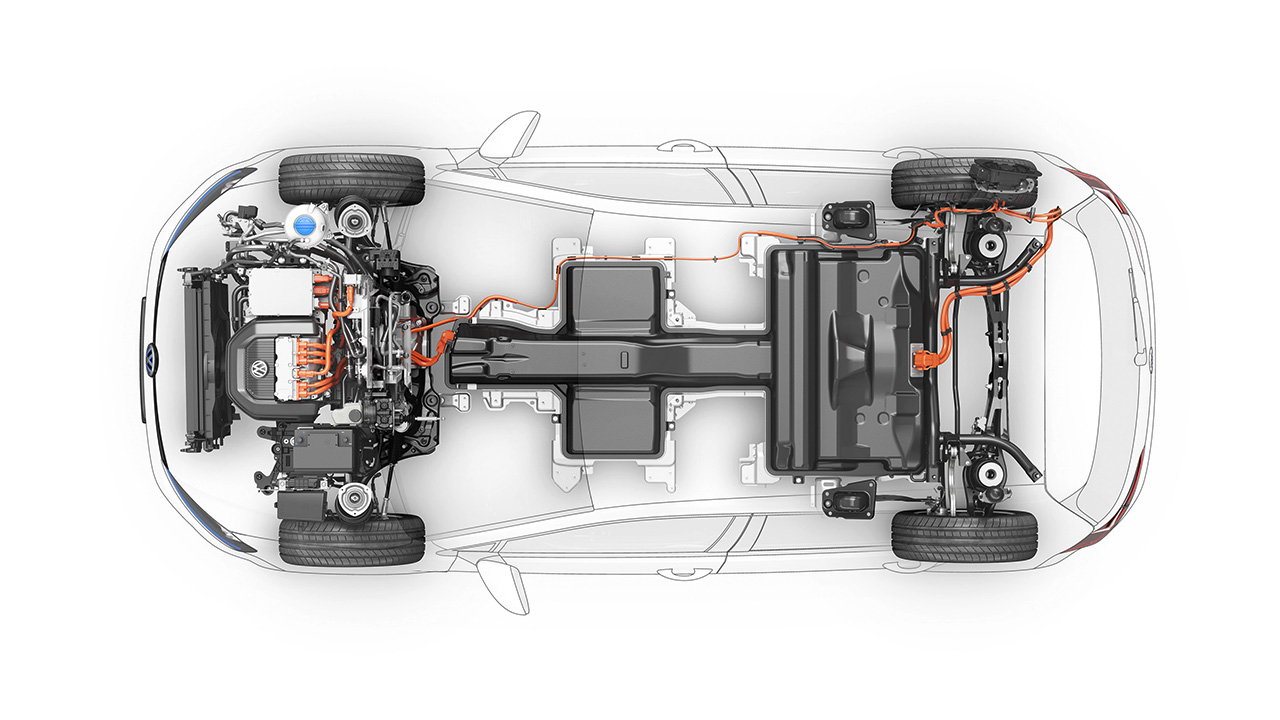Accurate and efficient simulation of battery materials is an industry-wide challenge that could benefit from the arrival of fault-tolerant quantum computers. Existing classical methods, such as density-functional theory, have been the cornerstone of computational chemistry for several decades, but despite their many successes, are reaching limitations on research areas critical for building better batteries, Volkswagen explained.
"Working together with cutting-edge companies like Xanadu is like hopping on a speed boat heading at the next big thing: Quantum Computing might trigger a revolution in material science and optimization, key competences to grow our inhouse battery expertise." says Dr. Nikolai Ardey, Head of Volkswagen Group Innovation.
The Toronto-based tech company focuses on cloud-accessible photonic quantum computers and develops open-source software for quantum machine learning and simulating quantum photonic devices. Volkswagen will use its expertise to reduce its computational costs and accelerate the adoption of quantum computers within its EV battery research and development teams. Ultimately, the German automaker wants to achieve a more accurate and efficient simulation of battery materials.
The program will also investigate additional computational problems in materials discovery where quantum computing has the strongest prospects for massive impact. The partnership with Xanadu supports Volkswagen's larger objective of becoming a data and software-driven provider of sustainable mobility and their ambition to be leaders in both battery development and quantum computing applications.
Volkswagen also has a pilot program with the Government of Canada to promote electric mobility in the country. Canada is one of the leaders in quantum technology due to recent massive investments by the government.
Source: Volkswagen

